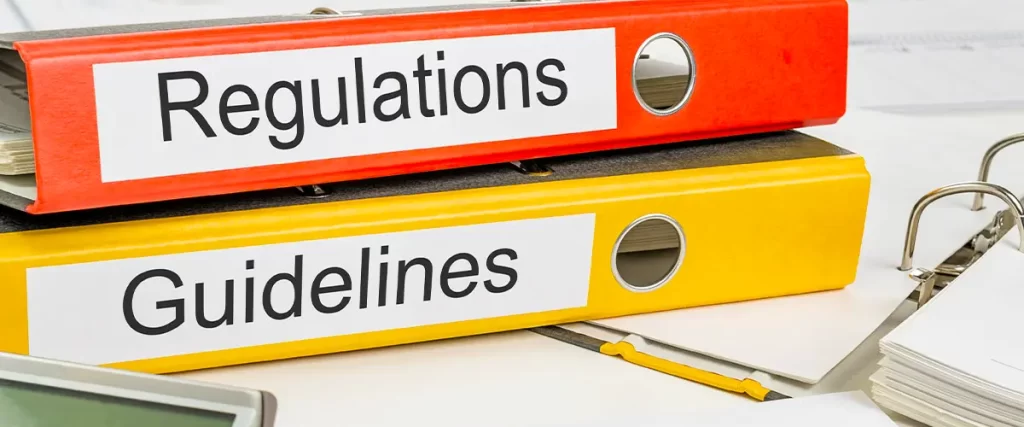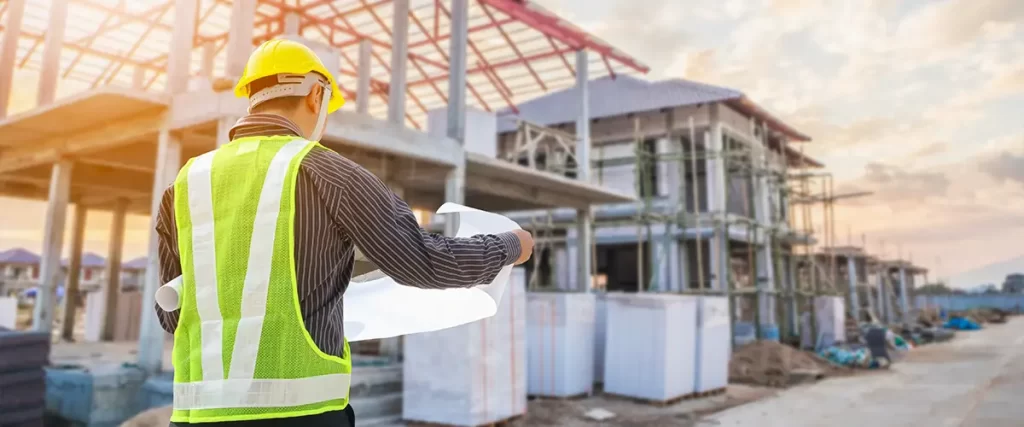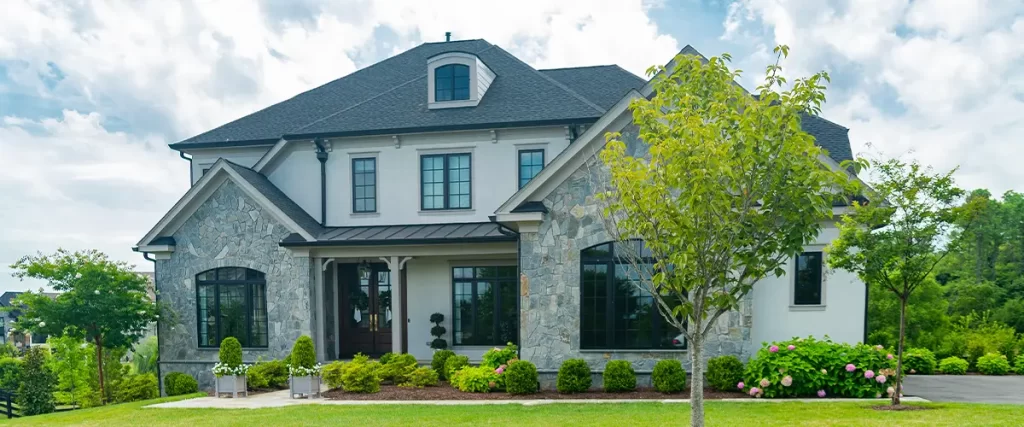Building a custom home is an exciting journey, but in Dane County, it comes with a unique set of rules, regulations, and challenges. Before breaking ground, you’ll need to navigate the permit process and zoning laws that can impact everything from the size of your home to where you can build it.
Whether you’re a first-time builder or a seasoned homeowner looking to create a dream home, understanding the local requirements will save you time, money, and a whole lot of headaches.
Let’s dive into what you need to know about permits, zoning, and regulations before building a custom home in Dane County.

Understanding Building Permits in Dane County
A building permit is required for most new home constructions in Dane County. This ensures that your home complies with local building codes and safety regulations.
How Long Does It Take to Get a Building Permit in Dane County?
The timeline for obtaining a building permit depends on where you’re building and the complexity of your project. Here’s a general idea:
- Standard Residential Permits – Typically take 2 to 4 weeks for approval.
- Complex Custom Homes – Can take 4 to 8 weeks if additional approvals (such as zoning variances or environmental assessments) are needed.
- Rural or Agricultural Areas – May take longer if you need additional permits for wells, septic systems, or road access.
What’s Required for a Building Permit?
To apply for a building permit in Dane County, you’ll need:
- A completed application (available through the Dane County Land & Water Resources Department).
- Detailed construction plans.
- A site plan showing setbacks, property lines, and building footprint.
- Septic and well permits (if applicable).
- Zoning approvals confirming that your design complies with local ordinances.
You can check with the Dane County Planning & Development Department for the most up-to-date permit requirements: Dane County Building Permits.

Zoning Laws That Impact Custom Home Designs
Zoning regulations dictate what you can build, how large it can be, and where it can be placed on your lot.
Key Zoning Regulations in Dane County
Dane County has multiple zoning districts, each with its own rules. Here are some zoning considerations you’ll need to keep in mind:
- Minimum Lot Size – Some areas require lots to be a certain size before a home can be built.
- Setback Requirements – Homes must be set back a minimum distance from roads, property lines, and water bodies.
- Height Restrictions – Some zoning districts limit how tall a home can be.
- Agricultural vs. Residential Zoning – If you’re building on farmland, you may need a zoning change before starting construction.
- Environmental Protections – If your property is near wetlands, lakes, or protected lands, additional permits may be required.
How to Check Your Property’s Zoning
You can verify your zoning classification using the Dane County Zoning Map or by contacting the Dane County Zoning Division.
Common Challenges & How to Overcome Them
Building a custom home is rewarding, but the process isn’t without obstacles. Here are a few common challenges and how to navigate them:
1. Lengthy Permit Approvals
Solution: Submit applications early and ensure all documents are correct. Hiring a local contractor familiar with Dane County permits can also speed up the process.
2. Zoning Restrictions
Solution: Work with a local architect or zoning consultant to design a home that fits within zoning rules or apply for a variance if needed.
3. Environmental Regulations
Solution: Conduct soil tests and environmental studies in advance to prevent surprises that could delay your project.
FAQ:Home Building Permits in Dane County
Do I need a separate permit for plumbing, electrical, and HVAC work?
Yes, in addition to your building permit, you will likely need separate permits for electrical, plumbing, and HVAC work. Your contractor or builder typically handles these.
Can I build a guest house or accessory dwelling unit (ADU)?
It depends on your zoning. Some areas allow ADUs, but you may need additional approvals.
What are the costs associated with building permits?
Permit costs vary based on home size and location but typically range from $1,000 to $5,000.
Can I build on agricultural land?
Yes, but you may need rezoning approvals if the land is not already designated for residential use.
What inspections are required during construction?
Expect multiple inspections, including foundation, framing, electrical, plumbing, and final occupancy approval.
Can I apply for a permit myself, or does a contractor need to do it?
Homeowners can apply for their own permits, but many choose to have their builder or architect handle the process.

Final Thoughts: Get Expert Help for Your Custom Home Project
Building a custom home in Dane County is a big investment, and getting permits and zoning approvals right from the start will save you time, money, and frustration. With years of experience in custom home construction, our team knows the ins and outs of Dane County regulations and can help you navigate the permit and zoning process smoothly.
If you’re ready to start your dream home, contact us today at (608) 839-0620 to discuss your project and get expert guidance from a team that knows Dane County inside and out.
